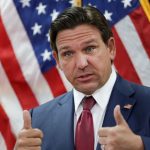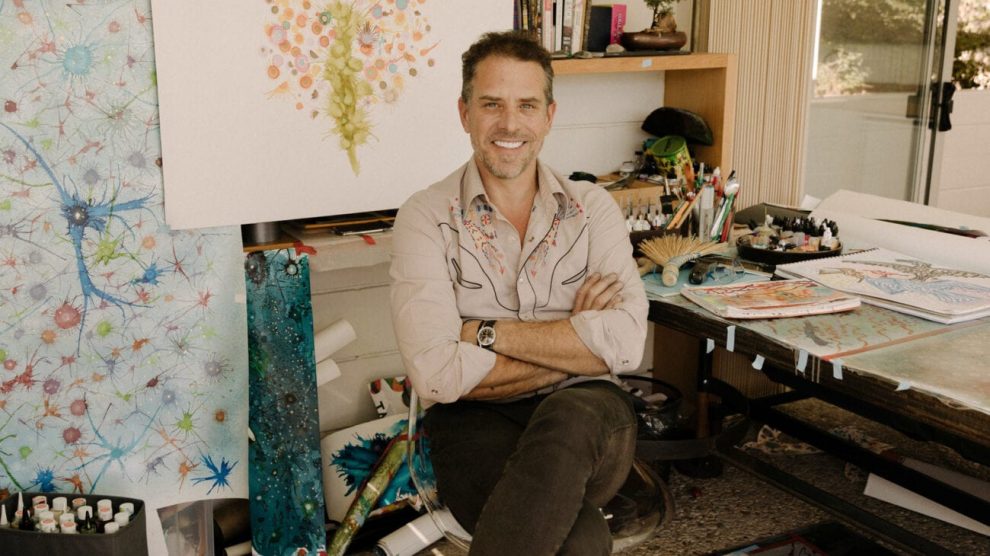White House press secretary Jen Psaki assured reporters Friday that anyone who purchases art from President Joe Biden’s son Hunter will remain anonymous to all parties to avoid the appearance of influence peddling.
”I think it would be challenging for an anonymous person, who we don’t know, and Hunter Biden doesn’t know, to have influence,” Psaki said in her daily briefing. ”Of course, he has the right to pursue an artistic career just like any child of a president has the right to pursue a career, but all interactions regarding the selling of art and the setting of prices will be handled by a professional gallerist, adhering to the highest industry standards, and any offer out of the normal course would be rejected out of hand.”
The younger Biden, 51, has been under fire for making millions working with foreign entities in China and Ukraine while his father served as vice president under President Barack Obama, and flying abroad Air Force Two with his father to attend business meetings.
At the end of the 2020 presidential campaign, a Delaware computer repair shop released a laptop that he reportedly left for repairs, but never picked up.
Opponents of his father, including former President Donald Trump, have said the contents of the device include thousands of emails that show his father’s involvement in the deals, even though Joe Biden has consistently denied knowing anything about his son’s professional ventures.
This week, Trump said the emails on the laptop made Chicago’s notorious Prohibition-era gangster Al Capone ”look like a baby.”
Since the campaign, Hunter Biden has turned to making art, painting both small and large images that will now be displayed and auctioned off this fall at a solo exhibit in New York, with some pieces priced as high as $500,000.
Critics have said that using the art to finance his expensive lifestyle is no more than another way to circumvent the system and use his father’s name to make big money.
In October 2020, the U.S. Treasury put out an advisory that items like artwork could be used by foreign actors to avoid U.S. sanctions and still funnel money into the country for influence.
The agency’s Office of Foreign Assets Control said that ”certain features of the market for high-value artworks make it attractive to those engaged in illicit financial activity, including sanctions evasion. These characteristics include a lack of transparency and a high degree of anonymity and confidentiality, especially with respect to the sale and purchase of high-value artworks.”
Psaki insisted in Friday’s briefing that the anonymity of the purchasers and the amounts spent would guarantee transparency throughout the transactions.
”The gallerist will not share information about buyers or prospective buyers, including their identities with Hunter Biden or the administration, which provides quite a level of protection and transparency,” Psaki said.
Story cited here.
























